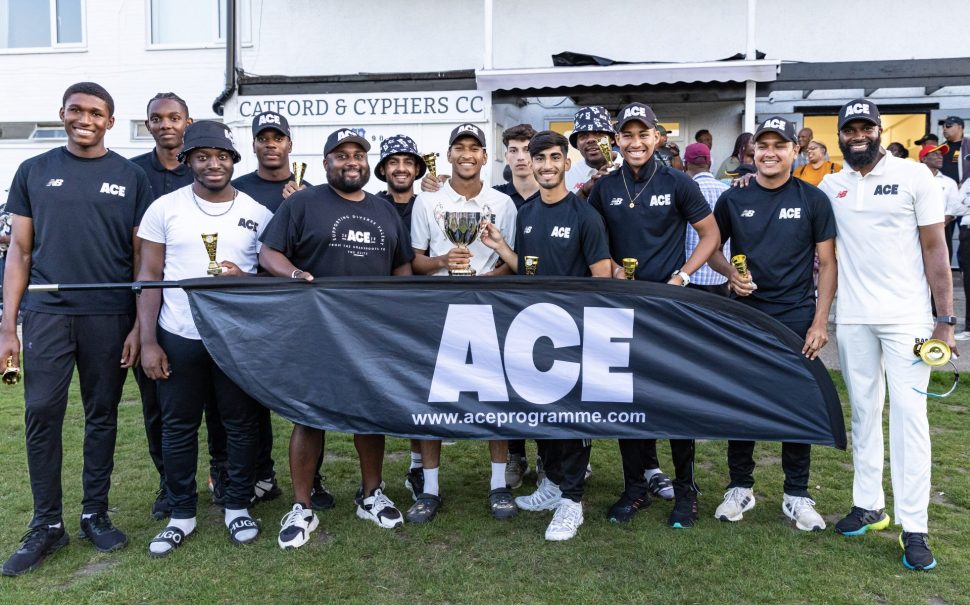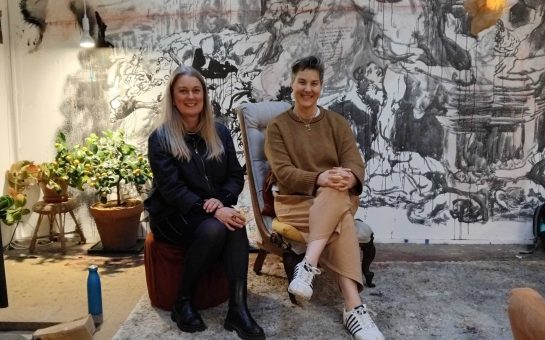“Cricket has the power to change lives” and the African Caribbean Engagement (ACE) Programme Charity is doing just that.
These are words from the eye-opening ‘Holding Up a Mirror to Cricket’ report, published by the Independent Commission for Equity in Cricket (ICEC) in June 2023, which recognised the exceptional work the ACE Programme is doing.
The ACE Programme was set up in 2020 by Ebony Rainford-Brent, former England and Surrey cricketer, to address the underrepresentation of Black players in cricket at professional and grassroots levels.
There had been a 75% decline of black British professional cricketers and black players in the recreational game made up less than 1%.
The charity aims to develop grassroots cricket programmes, talent pathways and talent ID systems in targeted black communities across the UK.
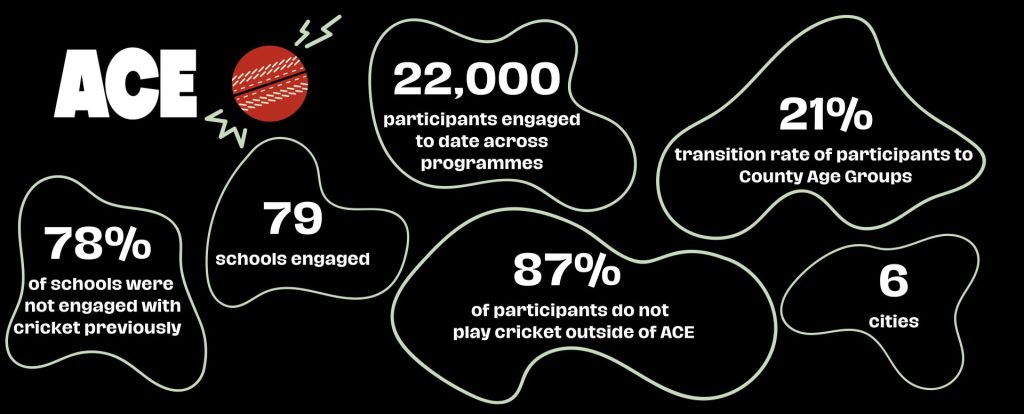
October 2023, Black History Month, marked three years of the ACE Programme being an independent charity and in that time they have expanded beyond London into Birmingham, Bristol, Manchester, Sheffield and Nottingham.
In three years, ACE has engaged more than 22,000 young people but Chevy Green, Director of Programmes at ACE, stressed that it is not just about numbers.
He said: “The programme is about more than just participation, it is about helping these young players achieve their aspirations of becoming professional.
“If you can provide the right opportunities for players in front of the right people, then you can take out some of the biases that have been involved in cricket selection.”
ACE Programme Community Coach Shamar Anderson sees first hand how much the young players get out of the programme.
He said: “We’ve seen our kids who normally wouldn’t even dream that big think ‘Gee, is there a possibility for me really to make it?’
“It’s giving them that sense of belief, as well as a safe space where they can see other people like them and feel a sense of family.
“It’s more than just cricket.”
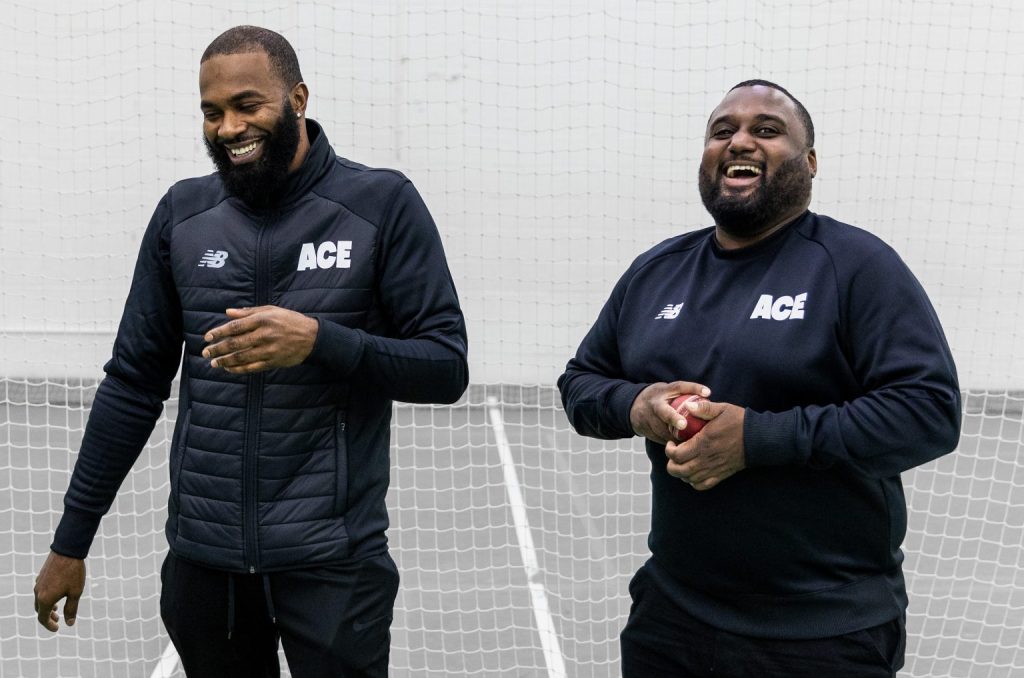
Initial funding for the ACE Programme came from Sport England and the England and Wales Cricket Board (ECB) have also provided funding sporadically.
In September 2023, the ACE Programme became an official charity partner of the ECB, securing sustained funding for a minimum of three years.
This partnership with the ECB is on the back of the ICEC’s report and recommendations.
What is the ICEC and what did the report say?
The ICEC was set up in 2021 to investigate inequalities and discrimination in English cricket and their findings detailed widespread racism, sexism and elitism.
Cindy Butts, Chair of the ICEC, said that a key finding was that black cricket had been neglected over generations and there wasn’t a clear, sustained plan of how to halt that decline.
She said: “I hope the game sees this report as an opportunity to become that which it wants to be, which is the most inclusive sport in the country – we’ve given them a roadmap to do that.”
This ‘roadmap’ came in the form of 44 recommendations from the ICEC, which were published alongside the report.
Focussing on recommendation 11.
We recommend that, within the next 12 months, the ECB undertakes an in-depth examination of the decline of cricket in Black communities in England and Wales and develops a targeted action plan to reverse that decline.
Recommendation 11 continued…
This should include:
a) Providing increased and sustained funding for the very successful ACE Programme.
As part of the ICEC investigation, Butts said the ACE Programme “came up over and over again” when asking respondents for examples of best practice.
The commission believed that with sustained financial backing, the ACE Programme could play a big part in helping to reverse, what Butts described as, “the shameful decline of black cricket in the UK.”
In response to the recommendations, the ECB injected a significant amount of funding into ACE, alongside other programs designed to increase inclusivity and participation within underrepresented groups.
Butts said: “To know that ACE will be on a much surer footing in terms of its funding to continue their wonderful work and flourish is fantastic.
“I salute the ECB for the way in which they have engaged with this recommendation in particular.”
What’s next for the ACE Programme?
Chevy Green, Director of Programmes at ACE, hopes the ECB funding will make programmes more sustainable and give counties confidence of longevity.
ACE’s areas of focus moving forward are around increasing girls’ participation in the sport, improving the landscape of state school cricket and creating more academies.
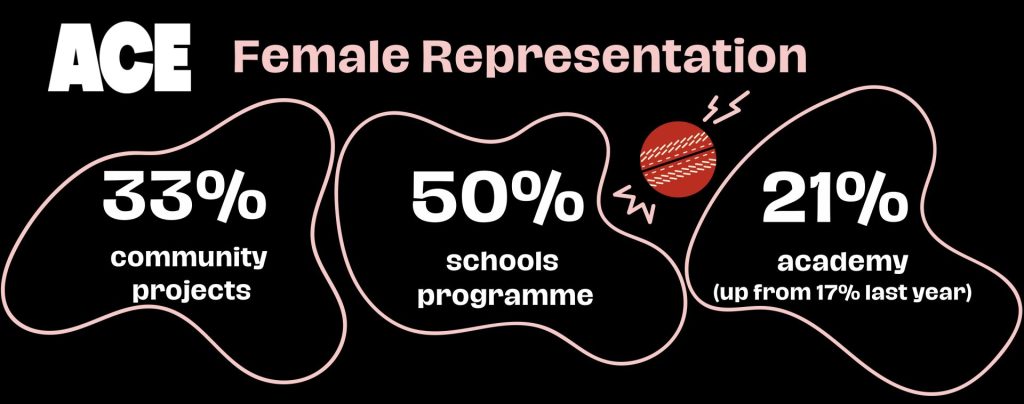
Heavily supported by Chair Ebony Rainford-Brent, the first Black woman to play cricket for England, getting more girls playing cricket is a key objective for ACE.
They are hoping to pilot a talent conversion programme next year, getting sporty girls to give cricket a try and increase female representation across the board.
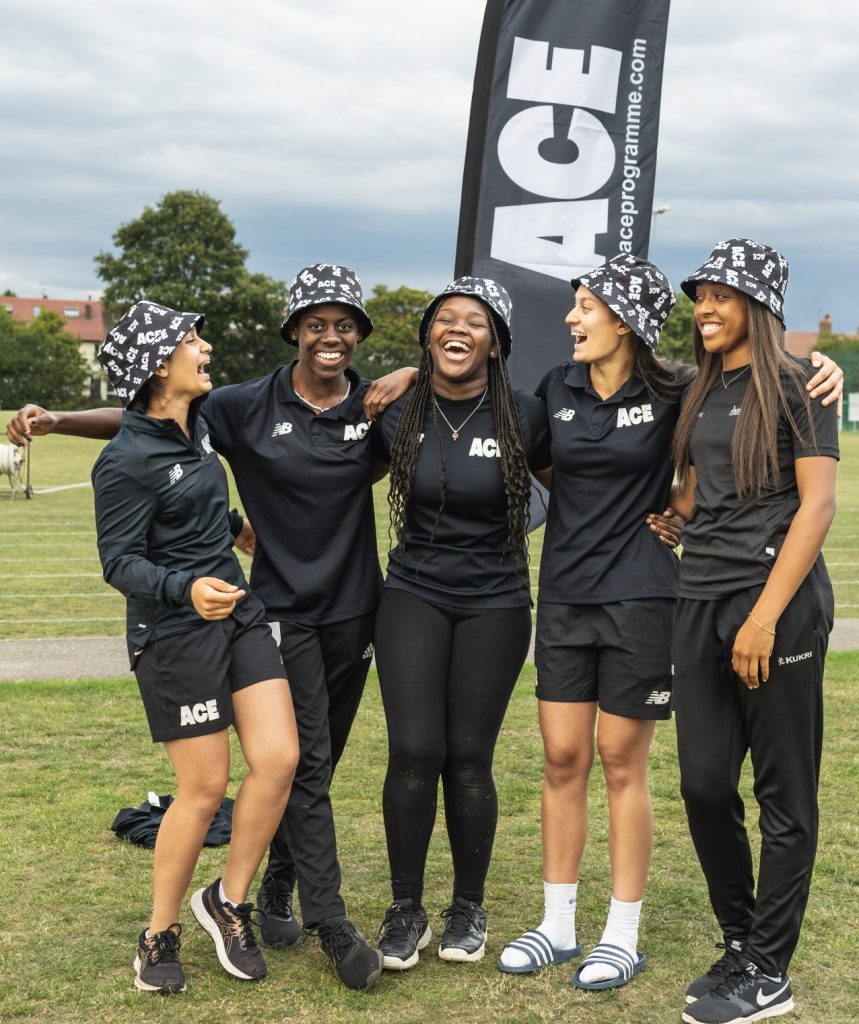
There is also focus on state school cricket, with a pilot to have an ACE coach in schools one day a week all year round, not just over summer.
To date, there has been a grassroots focus in most cities, with only Birmingham and Bristol having academies, but Green has aspirations to have six fully functioning academies that can compete against each other.
With the backdrop of cricket having become an Olympic sport from 2028, Green hopes ACE will continue to inspire young people to dream big.
He said: “It creates an added excitement for cricket and can only raise the awareness and the importance of the game.
“People grow up watching the Olympics so for young cricketers to aspire to get a gold medal is huge.
“We want to continue to inspire new generations and events like the Olympics and the Cricket World Cup can create a legacy.”
Photo credit: Vincent Bell
